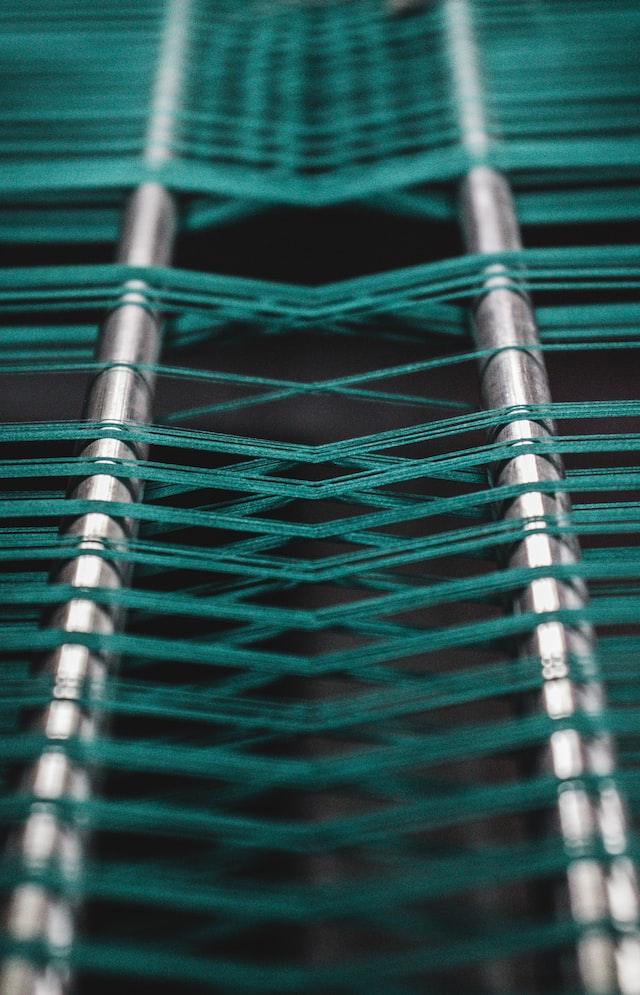What's the Difference Between 'Fiber' and 'Fibre'?
In this blog post we look at when to use fiber and when to use fibre.
'Fiber' or 'Fibre'?
There is no real difference between "fiber" and "fibre" in terms of their meaning or the materials they refer to.
The spelling "fiber" is used primarily in American English, while "fibre" is used primarily in British English.
Both spellings are used to refer to thin strands or threads, usually made of natural or synthetic materials, that can be woven or processed into various products such as textiles, paper, or insulation.
The word "fiber" can also be used more specifically to refer to the threadlike components of plant materials, including fruits, vegetables, and grains, which are important for maintaining digestive health.
The spelling "fiber" comes from the Latin word "fibr-" or "fibra," which means "fiber," "thread," or "filament." The spelling "fibre" is a variant of "fiber" that is more common in British English and other varieties of English that are influenced by British spelling conventions.
While "fiber" and "fibre" are both correct spellings, it is generally best to use the spelling that is most commonly used in the variety of English you are writing or speaking.
Here are some examples that illustrate the difference between "fiber" and "fibre" in American English and British English:
American English:
-
This type of paper is made from recycled fibers.
-
These shoes are made from a synthetic fiber called Kevlar.
-
I try to eat a lot of fiber-rich foods like fruits, vegetables, and whole grains to stay healthy.
British English:
-
This type of paper is made from recycled fibres.
-
These shoes are made from a synthetic fibre called Kevlar.
-
I try to eat a lot of fibre-rich foods like fruits, vegetables, and whole grains to stay healthy.
Examples of Fiber in a Sentence
Here are ten example sentences using the word "fiber": This type of fabric is made from a blend of natural and synthetic fibers. The ropes on this ship are made of strong fibers that can withstand harsh weather conditions. I try to eat a diet rich in fiber to keep my digestive system healthy. The insulation in this wall is made of fibers that are designed to trap heat and reduce energy loss. These shoes are made from a lightweight fiber that is breathable and flexible. The artist used a variety of fibers, including wool, cotton, and silk, to create the textured surface of the painting. The fibers in this carpet are stain-resistant and easy to clean. The tree's bark is made up of fibers that protect it from insects and disease. This type of paper is made from recycled fibers that come from post-consumer waste. The fibers in this rope are twisted tightly together to create a strong and durable material.
Examples of Fibre in a Sentence
Here are ten more example sentences using the word "fibre": The fibre in this plant-based protein powder helps keep me feeling full and satisfied. The fibre optics in this cable allow for high-speed data transmission over long distances. The fibre content of this cereal is advertised on the front of the box. The fibres in this tennis racket are designed to provide maximum power and control. The fibre supplement I take is derived from psyllium husk, which is a natural source of soluble and insoluble fibre. The fibres in this rug are made from recycled materials, making it an eco-friendly choice. The fibre in this fabric makes it wrinkle-resistant and easy to care for. The fibre in this bread is added to increase its nutritional value and improve its texture. The fibres in this mattress are hypoallergenic and resistant to dust mites. The fibre in this apple can help lower cholesterol levels and improve heart health.

